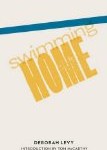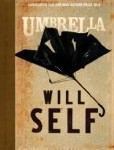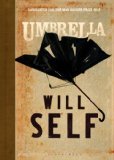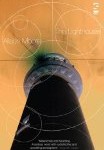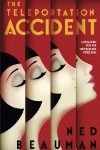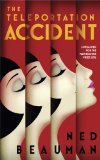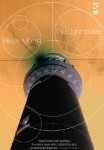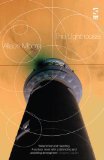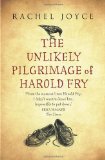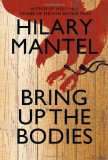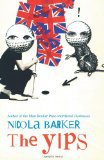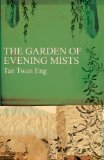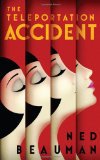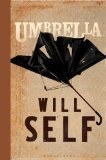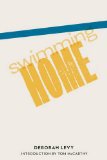 Shortlisted for 2012 Booker Prize
Shortlisted for 2012 Booker Prize
Five words from the blurb: villa, family, darkness, France, depression
Swimming Home is a simple story with complex undercurrents. It is set in a French villa where two couples are sharing a holiday together. The book opens with them discovering a naked woman in their swimming pool. The woman claims to have rented the villa too and after a discussion about the mix up they agree to let her stay, leading to the classic “stranger in the house” narrative.
My main problem with the book was that I couldn’t engage with any of the characters. They weren’t described in sufficient detail for me to be able to picture them and there seemed to be too many for this short book. It is described as a dark, disturbing tale, but I was so distanced from events that I didn’t care when something distressing occurred and had no empathy for any of the characters, no matter how bad their problems were.
Much of the book deals with depression, but I felt that it kept sidestepping the issues and I never gained any real insight into the situation.
The women feeding their children with long silver teaspoons glanced curiously at the silent brooding woman with bare shoulders. Like the waiter, they seemed offended by her solitude. She had to tell him twice she was not expecting anyone to join her. When he slammed her espresso on the empty table set for two, most of it spilled onto the saucer.
The writing was good, with some wonderfully observed metaphors and many vivid descriptions, but there was no forward momentum and I frequently found myself losing interest. Another frustration was that the entire book was based around a poem, one which the reader never sees.
An introduction by Tom McCarthy states that Deborah Levy has:
…..read her Lacan and Deleuze, her Barthes, Marguerite Dura, Gertrude Stein, and Ballard, not to mention Kafka and Robbe-Grillet – and was putting all these characters to work in new, exhilarating ways.
Unfortunately I haven’t read many books by these authors and so am clearly missing out on all the parallels. As a book on its own Swimming Home is quite dull, but if you take it as a reflection on the literature of the last hundred years, it is probably genius.

.
The thoughts of other bloggers:
Dark, dangerous and unknowable, this novel, like the pool at its centre with its covering of fallen leaves has hidden depths and dangers that might just make it the dark horse on this year’s Booker list. Just William’s Luck
…the barely-there plot is rather dull but the story is intriguing and compelling. Reading Matters
Short yet dense, this delicate novel is a tense and edgy read whose poignant ending leaves its readers unnerved. The Unlikely Bookworm
